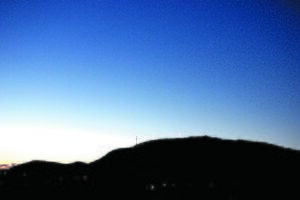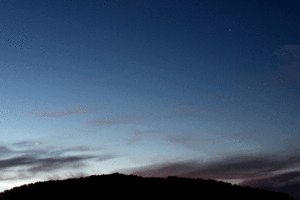A2.GU2.ZI.GA: Difference between revisions
From All Skies Encyclopaedia
A2.GU2.ZI.GA
| Line 35: | Line 35: | ||
{| class="wikitable" |
{| class="wikitable" |
||
|+ |
|+ |
||
! scope="col" style="width: 60%;" | Kurtik (2022) |
! scope="col" style="width: 60%;" | Kurtik (2022, a05) |
||
! scope="col" style="width: 40%;" | Gössmann (1950) |
! scope="col" style="width: 40%;" | Gössmann (1950) |
||
|- |
|- |
||
Revision as of 08:44, 27 August 2024
a Mesopotamian term for a bright, not twinkling object in dawn. The term will always refer to a planet but not necessarily always to the same.
Dictionary
Kurtik with Hilder, Hoffmann, Horowitz, Kim
- Var. readings: A2.GU2.ZIG3.GA;
- = šēru (Akkadian)
- "(star) of the morning";
- Most often Venus (AHw 1219a; CAD CAD Š/2 312f., 331f.), in this case epithet of the goddess Inanna/Ishtar as the morning star
- but also possible for other celestial objects, e.g. Mercury and Jupiter
| Sources | Identifications |
|---|---|
|
Lexical texts.
See also: mula2-gu2-zi-ga u4-sa9-dagal-la-ke4 "The morning star, (shining even) at noon" ("Ludingirra's epistle to his mother") [Civil 1964 2:23; ETCSL, 5.5.1:23]. |
Historical Dictionaries
| Kurtik (2022, a05) | Gössmann (1950) |
|---|---|
| вар. чтения: A2.GU2.ZIG3.GA; = šēru "(звезда) утра"; эпитет богини Инанны/Иштар как утренней звезды [AHw 1219a; CAD Š/2 312f., 331f.].
I. Источники. Лексич. тексты. Серия DC XXII: mula2.gu2.zi.ga = min(kab-kab) še-re-ti [MSL XI 31, Section 11, A col. v 9]; mula2!.g[u2].zi.g[a] = min(kak-ka-bi) še-re-e-ti [SpTU III, 114 А col. v 67]. См также: mula2-gu2-zi-ga u4-sa9-dagal-la-ke4 "Утренняя звезда, (сияющая даже) в полдень" ("Послание Лудингирры к своей матери") [Civil 1964 2:23; ETCSL, 5.5.1:23]. |
|






